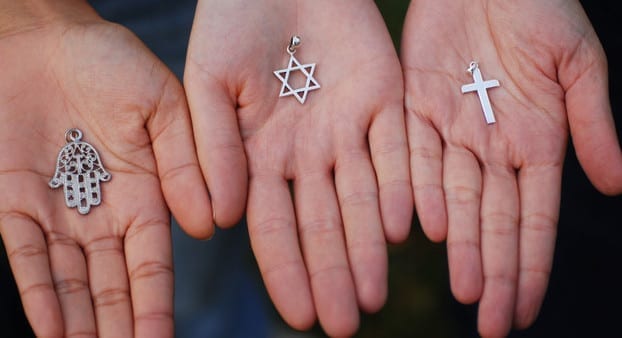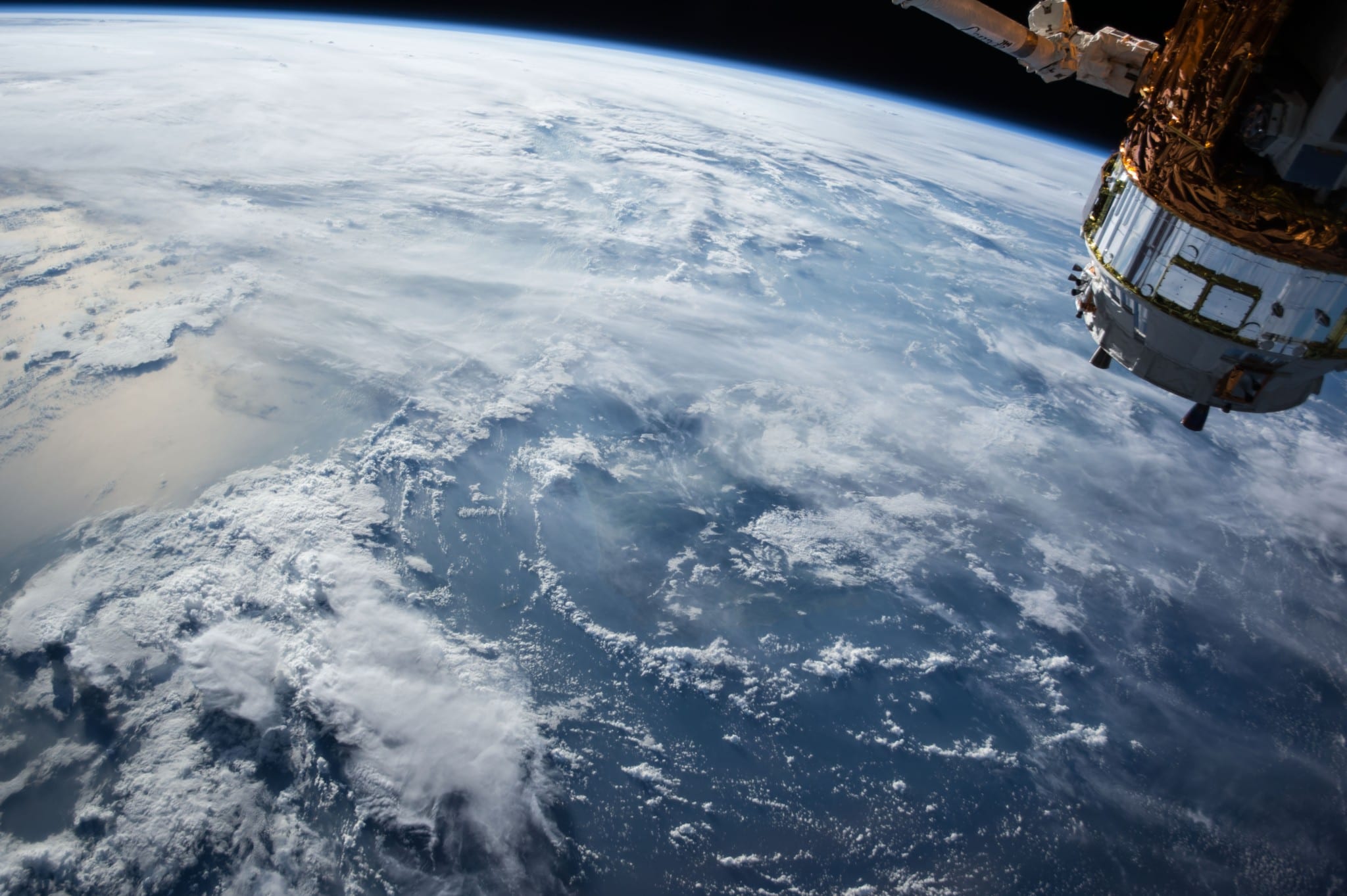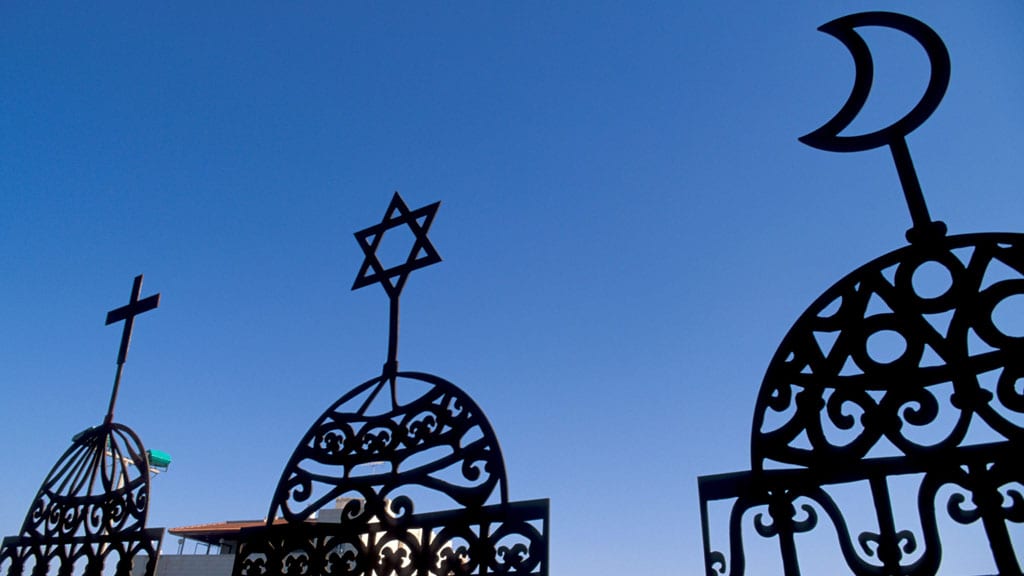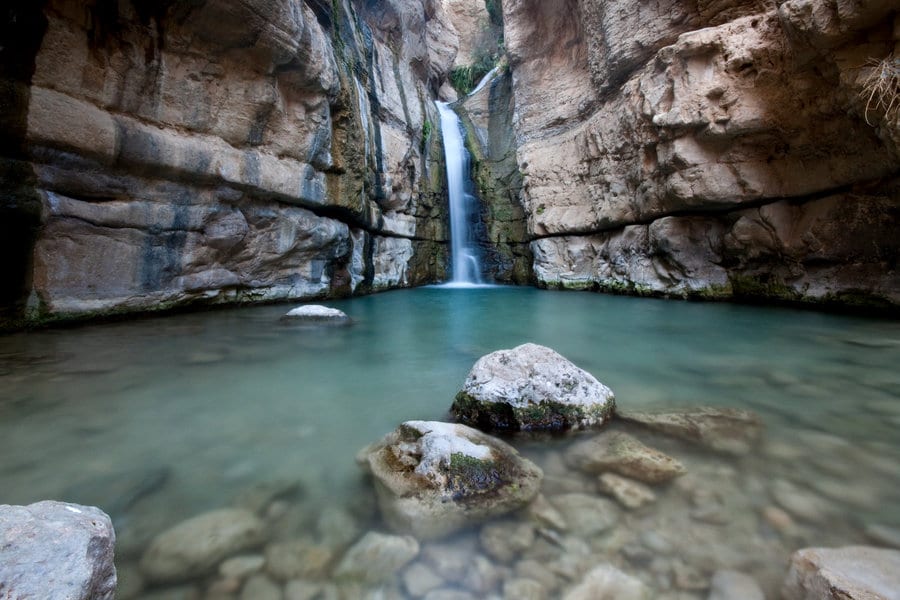It is almost impossible to take a step in the Middle East without bumping into a place with historical and religious importance. Ancient tombs, houses of worship, sites of revelations and prophecies, and even entire cities have been written about in scriptures, accounted for in historical records and held tightly in the collective memories of entire faiths and cultures for hundreds or even thousands of years.
There are fewer places in the Middle East and even the world where this is more true than in Israel. Without a doubt, some of the most significant religious sites in the entire world are located within its borders. Jews, Muslims and Christians alike hold great reverence for the land, from Jesus’ birthplace in Bethlehem to the Western Wall and the Dome of the Rock in Jerusalem.
For that reason, many dignitaries from around the globe schedule a visit to Israel. Presidents, prime ministers, kings and queens, even celebrities make it a point to visit the Holy Land so they can walk in the same footsteps that the ancestors of the Abrahamic faiths walked in centuries before.
No matter what the visitor’s motivation to these sites, there seems to be one commonality between them. Sadly, these visits are often accompanied with a narrative of “only” and “the other.” Dignitaries are also told that each site “belongs” to a particular faith. They are told, for example, the Dome of the Rock is only important to Muslims or that the Western Wall is only a religious space for Jews. Sadly, that’s the way these spaces of significance are viewed by most of the world, with many assuming that each site is only a necessary tenet of faith for a particular religion or culture. In reality, many of the sites in Israel are tremendously important for all of the Abrahamic faiths, Jews, Muslims and Christians alike!
While borders and politics may create the illusion of ownership at each of these holy places, the unifying thread of the Abrahamic family remains ungoverned by maps and legislation. No matter what the political reality, Muslims, Christians and Jews still know how important each site is to their faith. Heated political conflict and war won’t stand in the way of people understanding and respecting the shared roots of their faiths, holy sites included. And this is the idea at the heart of the Menorah Islands — that the bonds that tie us together are ultimately stronger than what divides us.
Instead of viewing each place as a piece of a political puzzle, we at the Menorah Islands Project want to urge politicians who come to visit Israel to remember that there’s more bringing these faiths together than the issues dividing them. Although these sites are often considered political minefields or territorial battlegrounds, we want to refocus the attention of these honored guests and remind them that these places are actually unifying threads between the three Abrahamic faiths. No matter if our ancestral forefather is called Abraham, Ibrahim or Avraham, we take great pride in reaching out to collaborate with our brothers and sisters in faith, united by history’s first monotheist and the father of Judaism, Christianity and Islam.







Leave A Comment